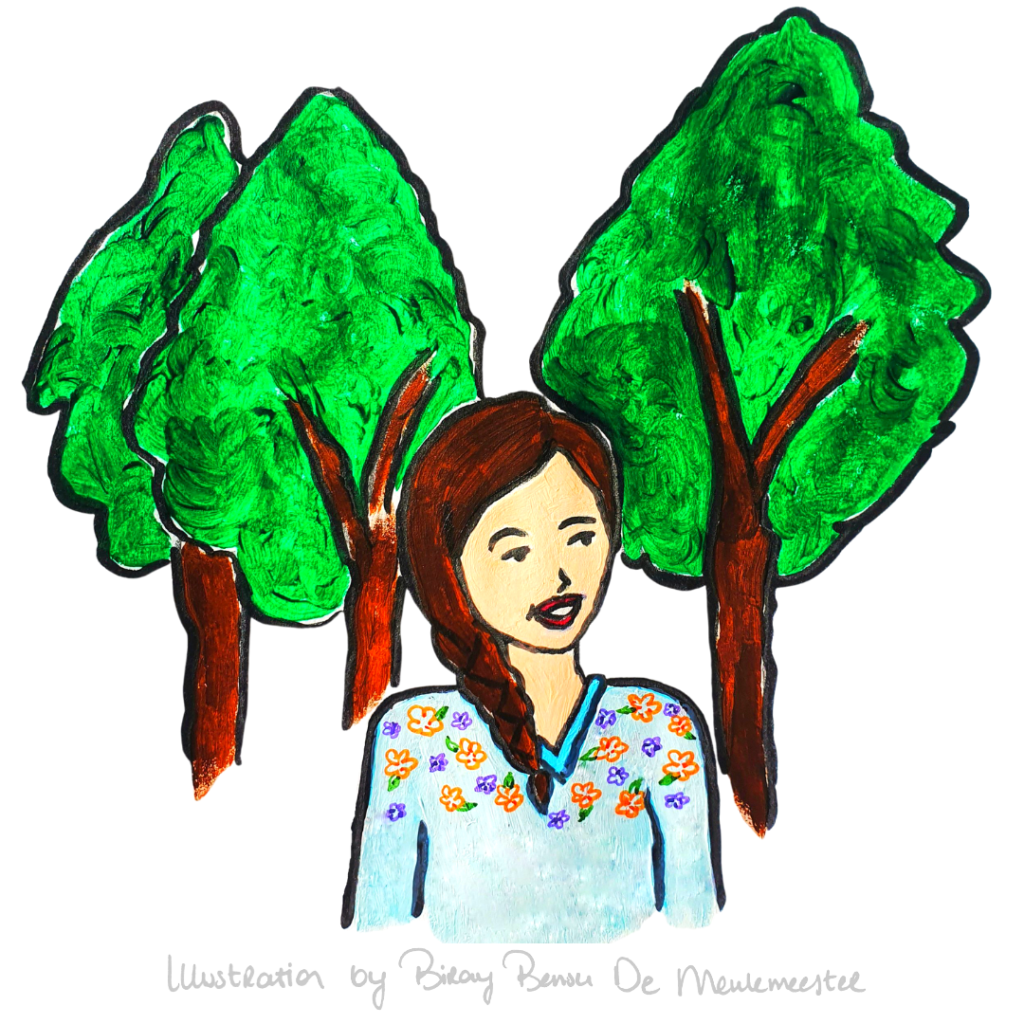Edizione 43 // FILANTROPIA VISIONARIA – ONLINE IL REPORT ACF – DONAZIONI, INVESTIMENTI E QUELLA TERRA DI MEZZO – PROMOTING INSTITUTIONAL PHILANTHROPY IN UKRAINE – EVPA COLAB AWARD – WHAT CAN BRICS PHILANTHROPY OFFER TO THE WORLD
L’EUROPA HA BISOGNO DI UNA FILANTROPIA VISIONARIA, LUNGIMIRANTE, CON CAPACITÀ DI RAPPRESENTANZA E INGAGGIO
In questa intervista Carola Carazzone, Segretario Generale di Assifero e Presidente di Dafne-Donors and Foundations Networks in Europe, parla del futuro della filantropia italiana ed europea, delle sue passioni e del suo percorso personale che l’ha portata nel mondo della filantropia sette anni fa.
“Insieme, l’impatto collettivo che possiamo avere è molto più grande della somma delle nostre due organizzazioni. La ragione dietro la convergenza tra Dafne e EFC (European Foundation Centre) è quella di diventare più efficaci, più potenti, più visionari, per avere un maggiore impatto e liberare appieno potenziale della filantropia europea”, dice Carola Carazzone, Segretario Generale di Assifero e Presidente del Consiglio di Dafne. In questa intervista, Carola condivide le sue speranze per il futuro del settore filantropico, i suoi pensieri sul processo di convergenza Dafne/EFC, le esperienze che l’hanno formata e la sua passione per la parità di genere e la giustizia sociale. Parliamo anche della filantropia in Italia, di come ha reagito alla crisi della COVID e delle sfide che deve ancora superare.

ONLINE IL REPORT DELL’ASSOCIATION OF CHARITABLE FOUNDATIONS (ACF), CON LE OPINIONI E IMPRESSIONI DI FONDAZIONI ED FILANTROPICI DEL REGNO UNITO SUI PASSI FATTI AD UN ANNO DALLA FIRMA DELLA DICHIARAZIONE DI IMPEGNO PER FAR FRONTE ALL’EMERGENZA CLIMATICA
ACF ha pubblicato i risultati dell’indagine promossa tra i firmatari della dichiarazione d’impegno per far fronte all’emergenza climatica, lanciata nel Regno Unito a novembre 2019. Le fondazioni ed enti filantropici sono state invitate a condividere quindi una propria autovalutazione sui progressi fatti dall’organizzazione e consigli ed indicazioni perchè ACF possa supportarli al meglio in questo percorso.
DONAZIONI, INVESTIMENTI E QUELLA TERRA DI MEZZO ANCORA INESPLORATA
“Credo che lo spazio esistente nel continuum delle modalità di supporto, che vede da un estremo le donazioni e dall’altro gli investimenti, sia ancora inesplorata e non stia ricevendo l’attenzione che merita. Per me, un aspetto fondamentale su cui valutare la filantropia è il modo in cui impatta le organizzazioni beneficiarie. In quanto fondazioni ed enti filantropici non dovremmo infatti sopravvalutare il nostro ruolo: non siamo noi i changemaker ma gli enti che supportiamo e con cui collaboriamo. Ma le stiamo quindi facilitando e aiutando nel modo giusto? Credo ci sia un grande margine di miglioramento e dobbiamo superare e guardare da un’altra prospettiva la dicotomia donare-investire”
In questo articolo, Rien van Gendt, Vice Chair Supervisory Board European Cultural Foundation e fondatore della Van Gendt Philanthropy Services, propone una riflessione sui vari strumenti che le fondazioni ed enti filantropici possono mettere in campo per sprigionare al meglio il potenziale delle organizzazioni che supportano, portando anche alcuni esempi concreti.
PROMOTING INSTITUTIONAL PHILANTHROPY IN UKRAINE
In 2018, Zagoriy Foundation initiated the Giving Tuesday movement in Ukraine to promote charity and good deeds. One of the project’s partners – and one of the largest charitable foundations in Ukraine – is ‘Tabletochki’, an organisation focusing on helping children with cancer. Despite ‘institutional philanthropy’ appears to be a relatively new trend for Ukraine, it has snowballed in recent years, and ‘Tabletochki’ is soundproof of this fact.
LAUNCH OF THE EVPA COLAB AWARD
More than ever before, investors for impact are prepared to address the root causes of a societal problem and to look for solutions that have the potential to transform the way in which that problem is tackled. In doing so, they recognise that such interventions can only be successful when going beyond supporting individual social purpose organisations, by building an enabling eco-system at local, regional, national and international level, by collaborating with their peers and with others – including the public sector, traditional philanthropy organisations, NGOs, investors with impact or corporations. These system change interventions are embedded in EVPA’s Charter of Investors for Impact.
The Covid-19 pandemic has been a magnifying glass for deeply rooted and persistent societal challenges. At the same time the crisis has led to the adoption of more agile investing practices, to new types of collaboration between unlikely allies, and to the development of a new narrative around the contribution of impact capital providers in shaping the “New Economy” or “New Capitalism”.
System change requires specific methods, processes and capacities to effectively deal with complexity, unpredictability and the interconnected nature of societal challenges.
LEGGI LA NOTIZIA DIRETTAMENTE DAL SITO DI EVPA
WHAT CAN BRICS PHILANTHROPY OFFER TO THE WORLD?
With the pandemic causing major upheaval, we’ve found ourselves revisiting the status quo of our lives, our organisations and our systems. This is also the case for global philanthropy which has met the crisis with resources as well as responsibility. While “traditional” philanthropies of American and European origin showed their ability to respond flexibly and collaboratively, what was the stance of `emerging’ philanthropies, in particular those of the BRICS countries – Brazil, Russia, India, China and South Africa?
The need for philanthropies in BRICS to look at themselves through the lens of their peers was recognised at an online event organised by Russian Donors Forum and WINGS on 23 March 2021. “Reimagining the added value of philanthropy in BRICS countries: lessons learnt from COVID-19” brought together ecosystem champions of the philanthropy sector from the BRICS countries who reflected on the big issues of the COVID-19 response, the role of philanthropy infrastructure and their appetite for global leadership.

